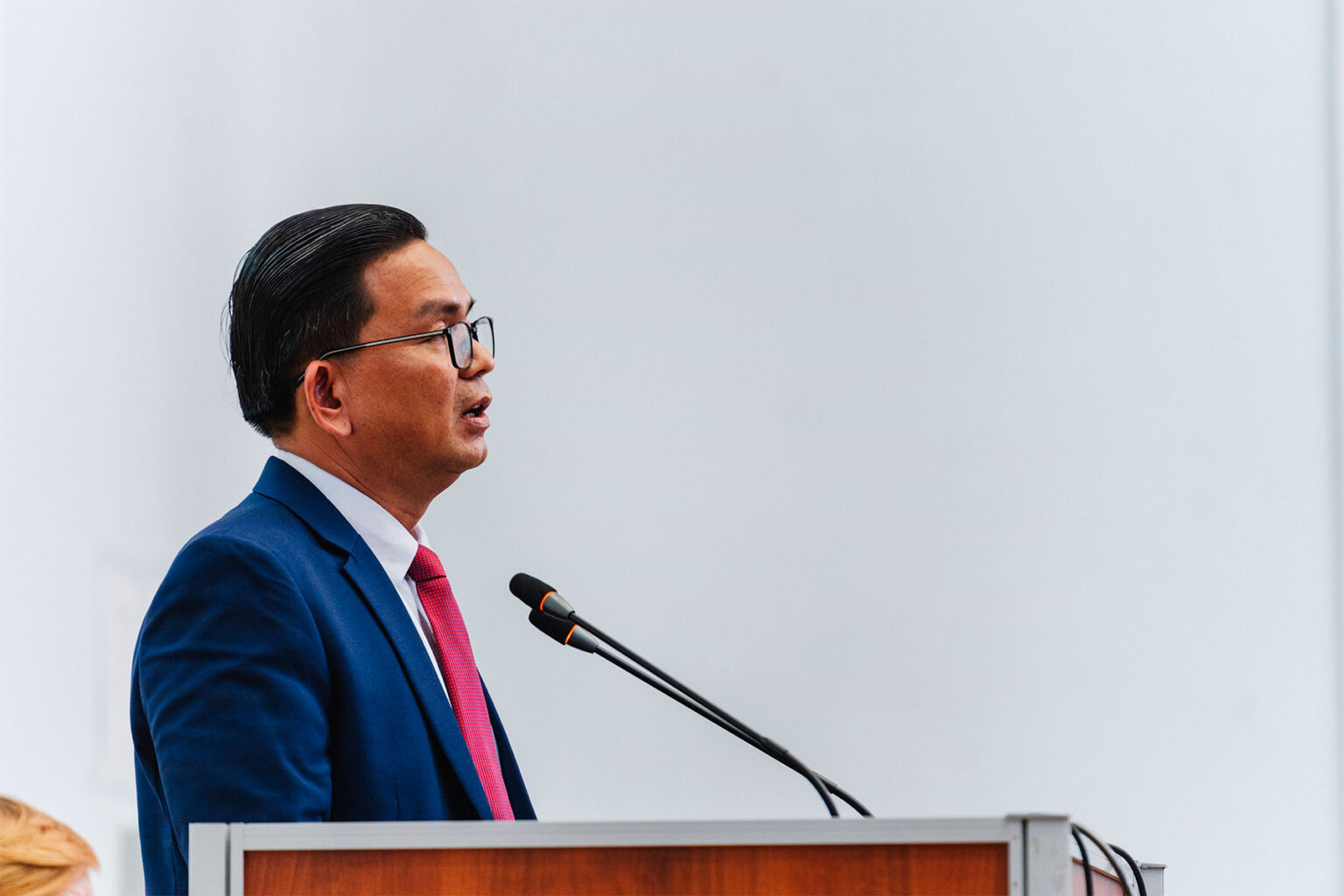A New Chapter in Russian-Cambodian Relations: A Conversation with Kin Phea
In an exclusive interview with the Russian International Affairs Council (RIAC) held during the Gorchakov Fund Conference "Asian Dialogue 2024," Kin Phea, the Director General of the International Relations Institute of the Royal Academy of Cambodia, delved into the current state and future prospects of Russian-Cambodian relations. The historical ties between these two nations have undergone various transformations, but recent conversations point to a renewed sense of collaboration and mutual benefit.
The Legacy of Soviet Cooperation
Kin Phea was quick to highlight the enduring legacy of Soviet-Cambodian cooperation, particularly in human resource development. Since the days of the Soviet Union, over 8,000 Cambodian citizens have graduated from institutions in former Soviet states, including Russia. Many of these alumni have climbed the ranks in both governmental and private sectors in Cambodia. Holding significant roles like Deputy Prime Minister and various ministerial positions, they serve as a living testament to the long-standing educational partnership. "This legacy is perhaps our most important success," Phea noted.
Economic Opportunities and Recommendations
While educational ties have flourished, economic collaborations have lagged. Phea suggested targeted investments from Russia in specific sectors such as agriculture, energy, technology, and smart city development. "Russia is very good at agricultural development, in addition to energy, technology, and digitalization," Phea emphasized, indicating that Russian investments could significantly enhance these Cambodian sectors.
Multilateral Cooperation and Shared Principles
When it comes to global platforms like the United Nations, Phea expressed satisfaction with the bilateral cooperation between Russia and Cambodia. Both nations share a commitment to multilateralism and peaceful coexistence. Phea highlighted Cambodia’s decision to skip an anti-Russia peace summit in Switzerland, opting instead for UN-backed solutions. "We believe we need to approach crises using the UN platform," Phea said, underscoring the shared values between the two countries.
The Potential Role of BRICS
Discussing the BRICS association (Brazil, Russia, India, China, and South Africa), Phea argued that Cambodia should consider joining or at least becoming an observer. He described BRICS as a crucial alternative for the Global South, challenging the dominance of the G7. "BRICS is broader, more inclusive. It does not intend to block any country," Phea explained. He also mentioned the potential for BRICS to spearhead de-dollarization, providing more balance to the global economy.
Preserving the Soviet Legacy
The Soviet influence in Cambodia is still visible today, from infrastructure to political systems. Markets like the "Russian market" in Cambodia continue to remind locals and tourists of the Soviet period. "Even though we are now a multi-party liberal democracy, the system itself resembles the Soviet Union," Phea said. He believes this system suits Cambodia’s current political, social, and economic conditions.
Looking Forward
As Russia and Cambodia navigate the complexities of modern geopolitics, the reflections and insights of experts like Kin Phea offer a roadmap for future engagement. Whether through economic investments, educational programs, or multilateral cooperation, the opportunity for enhancing Russia-Cambodia relations appears ripe.
For more details about the Gorchakov Fund Conference “Asian Dialogue 2024”, you can visit gorchakovfund.ru.
